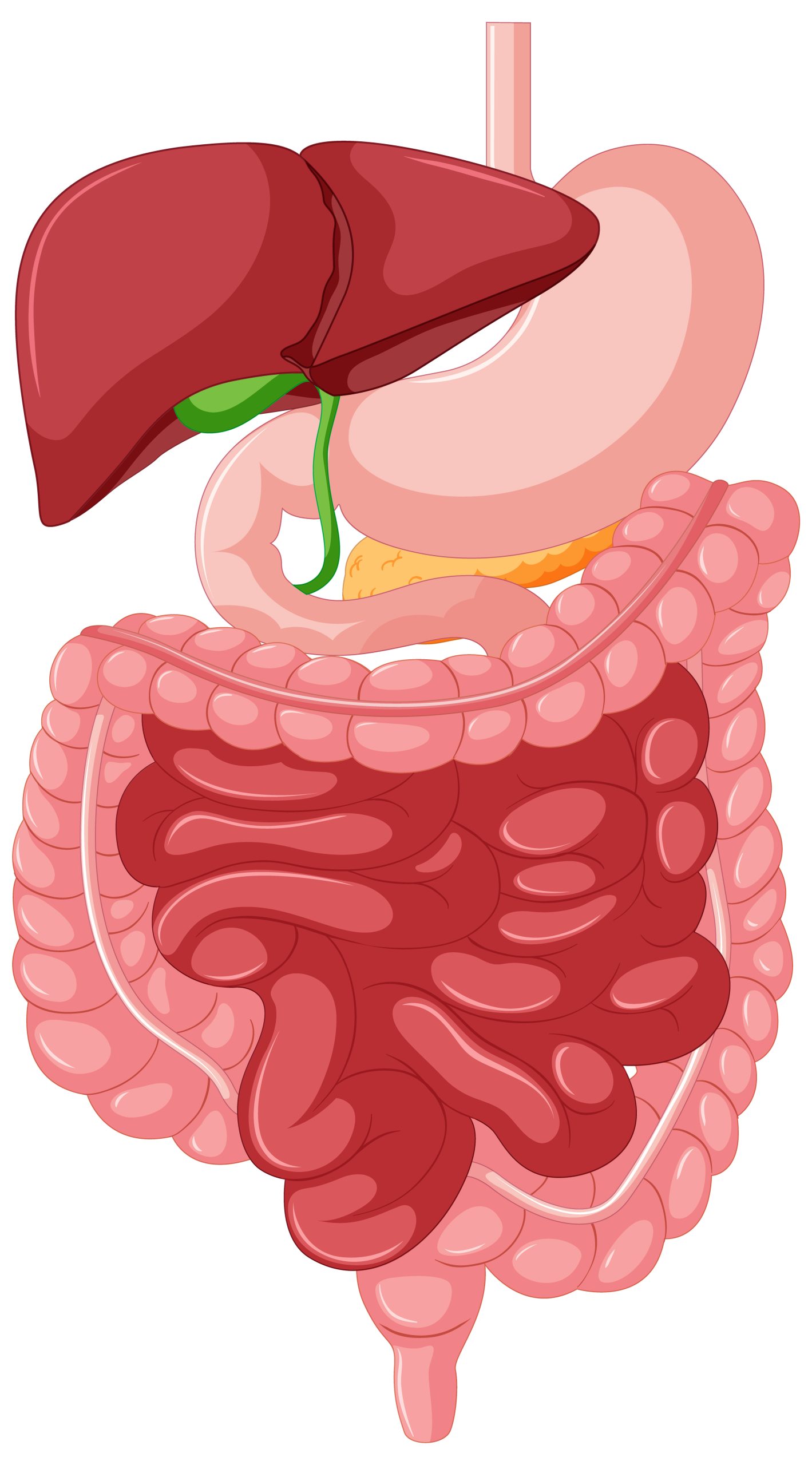Are you tired of waking up feeling exhausted and irritable due to snoring or sleep apnea? Do you want a simple solution that doesn’t involve expensive CPAP machines or invasive surgeries? Look no further than a humble roll of tape. That’s right, something as ordinary as tape can be the key to quiet, restful nights and improved overall health. In this blog post, we’ll explore how using tape in various ways can help alleviate snoring and sleep apnea symptoms so you can finally get the restful sleep you deserve. Say goodbye to noisy nights and hello to sweet dreams!
What is Sleep Apnea?
Sleep apnea is a condition in which people stop breathing during sleep, causing them to interrupt their sleep. It can happen at any age, but it’s more common in overweight or obese people. Sleep apnea often causes people to wake up tired and irritable. It’s also linked with increased risks of heart disease, stroke, diabetes, and high blood pressure.
There are many different treatments for sleep apnea, but the most common is a simple piece of tape called a mandibular advancement device (MAD). MADs attach to the back of your upper teeth and push them forward so that you breathe better while you sleep. They’re usually worn for about eight weeks and then you take them off for six weeks so that your dentist can adjust the angle of your teeth.
If you think you may have sleep apnea, talk to your doctor. There are lots of tests that can be done to confirm the diagnosis, including an overnight study called polysomnography. In some cases, treatment with a MAD may be all that’s needed to improve sleep quality and reduce the risks associated with sleep apnea.
Causes of Sleep Apnea
Sleep apnea is a chronic sleep disorder characterized by intermittent stoppages of breathing during the night. These pauses can last from a few seconds to several minutes, and can be caused by different things, including blocked windpipe (pulmonary embolism), enlarged tonsils or adenoids, or simply excessive snoring. Sleep apnea is the number one cause of sleep-related death in adults over the age of 65. It’s also one of the most common chronic diseases in the United States.
There are many different types of sleep apnea, but all share some common features. People with apnea often have trouble getting quality sleep because they experience repeated interruptions in their breathing pattern. This can lead to daytime fatigue and headaches, among other problems.
Although there is no cure for sleep apnea, there are treatments that can help you improve your symptoms. Some people require surgery to correct the underlying causes of their sleep apnea, but this is only necessary in a very small percentage of cases. In most cases, treatment involves using a CPAP machine (continuous positive air pressure) to keep the person’s airway open during sleep. CPAP machines are expensive and require regular maintenance, but they can be incredibly effective at relieving symptoms and improving quality of life for people with sleep apnea.
How Snoring and Sleep Apnea Affect Your Health
There is no doubt that snoring and sleep apnea are two of the most common sleep problems in the United States. Snoring is usually caused when soft tissues in the nose collapse during sleep, causing obstruction of airflow. Sleep apnea is a condition where people stop breathing repeatedly during sleep. Each time someone stops breathing, it causes stress on the heart and can lead to hypertension, heart failure, high blood pressure, and stroke.
Snorers often experience fatigue, headache, and mood swings due to their untreated condition. Those with sleep apnea are at an increased risk for several chronic diseases, including stroke, heart disease, diabetes mellitus, obesity, and cancer. In addition to these health concerns, snoring can also be a major annoyance to those around you.
There are many treatments for snoring and sleep apnea available; however, none of them are 100% effective. If you suffer from either of these conditions and would like to try out some treatment options before resorting to surgery or other invasive methods, consider using a simple piece of tape called a mandibular advancement guard (MAG). MAGs attach securely to the front teeth above the gum line and help open up the airway by pushing back the lower jawbone. This allows more airflow through the nose while sleeping which should reduce or stop snoring altogether.
While MAGs are not without their own set of risks – they can lead to headaches if worn incorrectly or bite down too hard on food while
How to Treat Sleep Apnea
If you are experiencing difficulties sleeping through the night, you may be affected by sleep apnea. Sleep apnea is a common disorder, affecting up to 85 million Americans. It is caused when the soft tissues in your throat collapse during sleep, preventing air from flowing into and out of your lungs. This results in fatigue during the day and poor sleep at night.
There are a few ways to treat sleep apnea:
-Snoring treatment: A variety of treatments can help reduce snoring, including mouth guards, nasal strips, surgery, and medication. If you are overweight or have other medical conditions that could contribute to snoring, speak with your doctor about which treatment is best for you.
-CPAP therapy: CPAP stands for continuous positive air pressure therapy. This device helps keep your airway open by forcing air into and out of your nose while you sleep. The machine will beep if it needs attention; if ignored it may cause severe breathing problems.CPAP machines can be expensive but they are usually covered by insurance. There are also low-cost options available if you cannot afford a CPAP machine.
-Sleep apnea surgery: Surgery is often necessary if other treatments fail to work or if the condition is severe. Surgery can involve a number of procedures, including adenoidectomy (removal of one or more adenoids), tonsillectomy (removal of tonsils), uvula removal (removal of part
Conclusion
If you are suffering from snoring or sleep apnea, then a simple piece of tape can be the key to help you take care of your health. By sealing off your throat and blocking your airway, this adhesive bandage can help improve your breathing while you’re asleep and help ensure that you get a peaceful night’s sleep. If snoring is causing significant hardships in your life, then consider investing in a piece of tape to see if it can provide relief for you. Thanks for reading!










